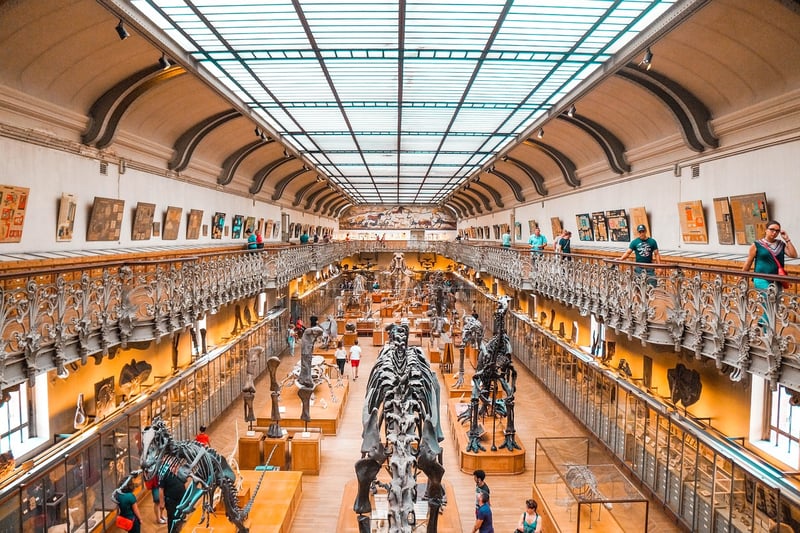Technology Evolution
The Fascinating World of Time Travel: Mechanisms and Technological Evolution
Time travel has long captured the imagination of humanity, fueling countless works of fiction and scientific discussions. While time travel remains a concept of speculation, understanding the mechanisms proposed for it can be both enlightening and thought-provoking. Additionally, exploring how the idea of time travel has evolved alongside technological advancements offers a unique perspective on the intersection of science and imagination.
1. Mechanisms of Time Travel:
Various theoretical frameworks have been suggested to explain how time travel could potentially occur:
- Wormholes: According to general relativity, wormholes are hypothetical tunnels that could create shortcuts through spacetime, allowing for a type of "shortcut" through time.
- Time Dilation: As described by Einstein's theory of relativity, time dilation suggests that time passes at different rates for objects moving at different speeds or experiencing different gravitational forces. This phenomenon forms the basis for many time travel concepts.
- Grandfather Paradox: This thought experiment explores the implications of traveling back in time and potentially altering the past, leading to paradoxes such as preventing one's own existence.
2. Technological Evolution and Time Travel:
The evolution of technology has influenced how time travel is conceptualized and portrayed in popular culture:
- Early Science Fiction: In the 19th and early 20th centuries, authors like H.G. Wells and Mark Twain popularized the idea of time travel through works like "The Time Machine" and "A Connecticut Yankee in King Arthur's Court."
- Modern Science and Speculation: With advances in physics and cosmology, scientists have explored the theoretical underpinnings of time travel, contributing to a more nuanced understanding of the topic.
- Pop Culture Influence: From the iconic "Back to the Future" film series to TV shows like "Doctor Who," time travel has become a staple of science fiction, inspiring generations to ponder the possibilities of traversing time.
As technology continues to progress, the boundaries between science and fiction blur, prompting us to consider the implications of concepts once thought purely fantastical. While the practicality of time travel remains uncertain, its enduring appeal speaks to our innate curiosity about the nature of time and the universe.

Whether through wormholes, time dilation, or the paradoxes of causality, the exploration of time travel offers a glimpse into the boundless creativity and intellectual curiosity that drive our quest for understanding the mysteries of existence.
So, while we may not yet have the means to hop through time like characters in our favorite stories, the journey of discovery and speculation surrounding time travel itself is a testament to the enduring power of human imagination.
